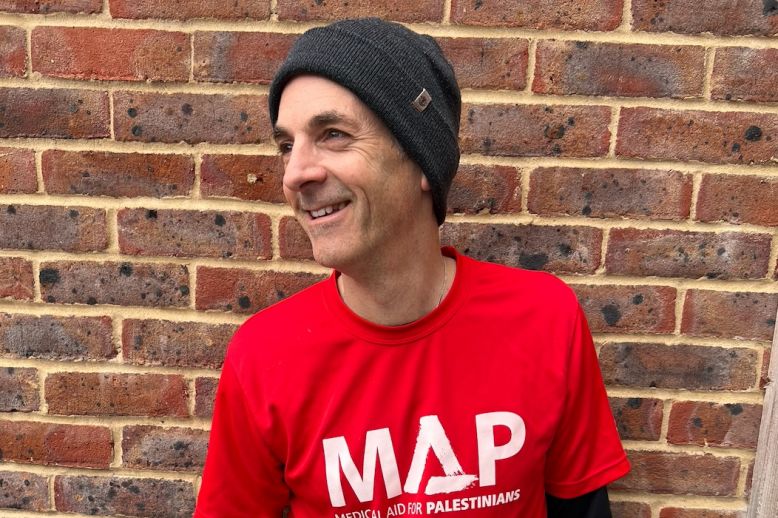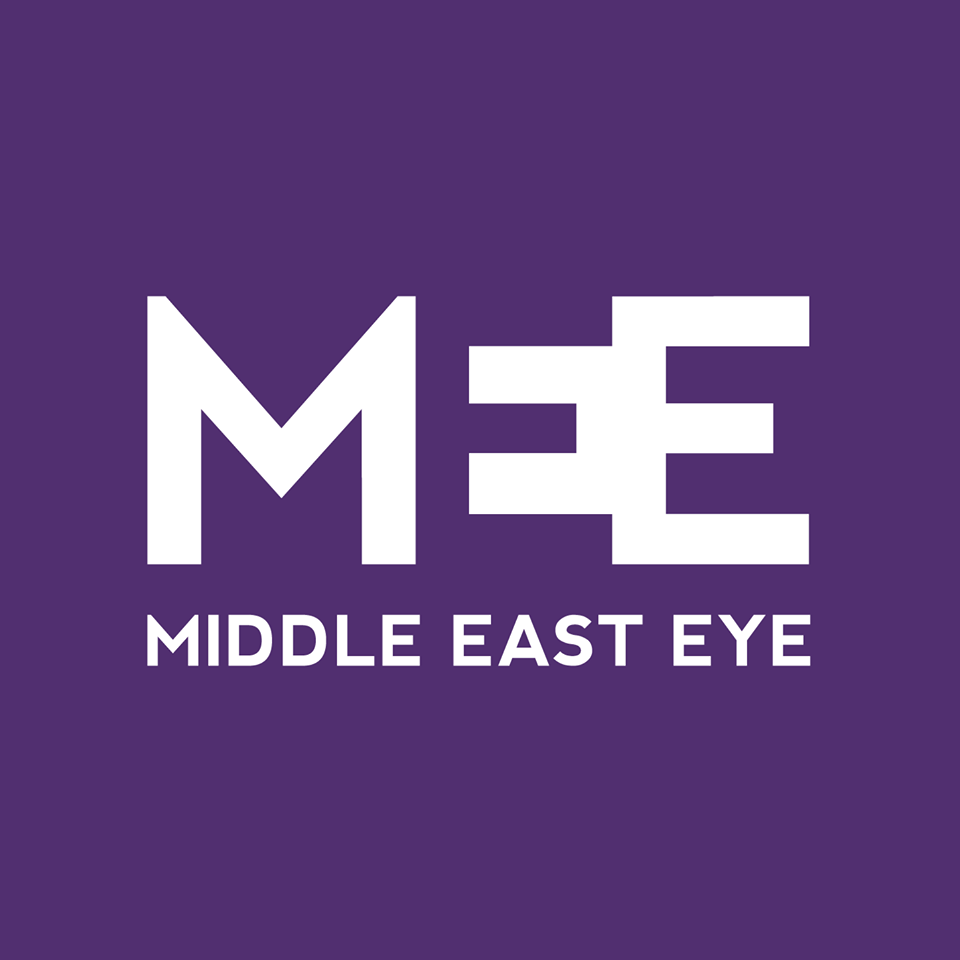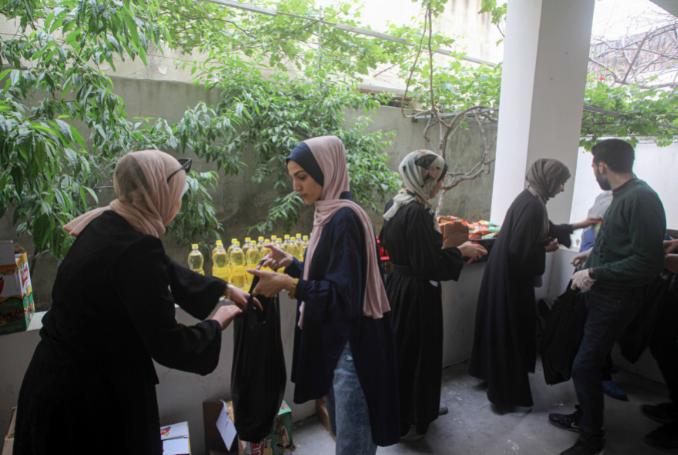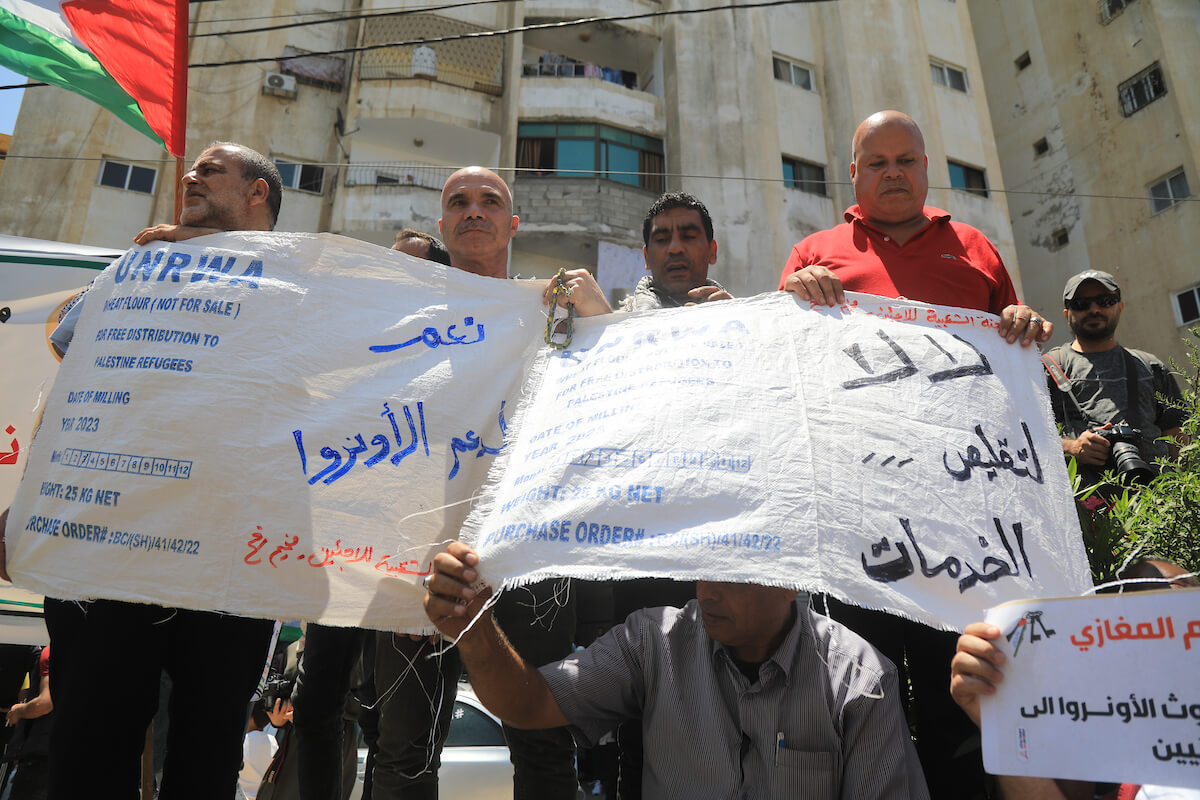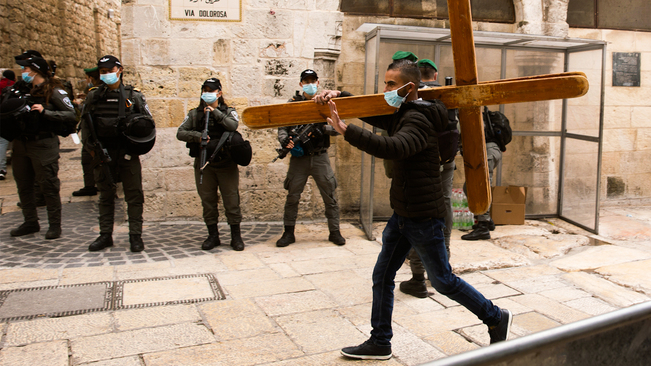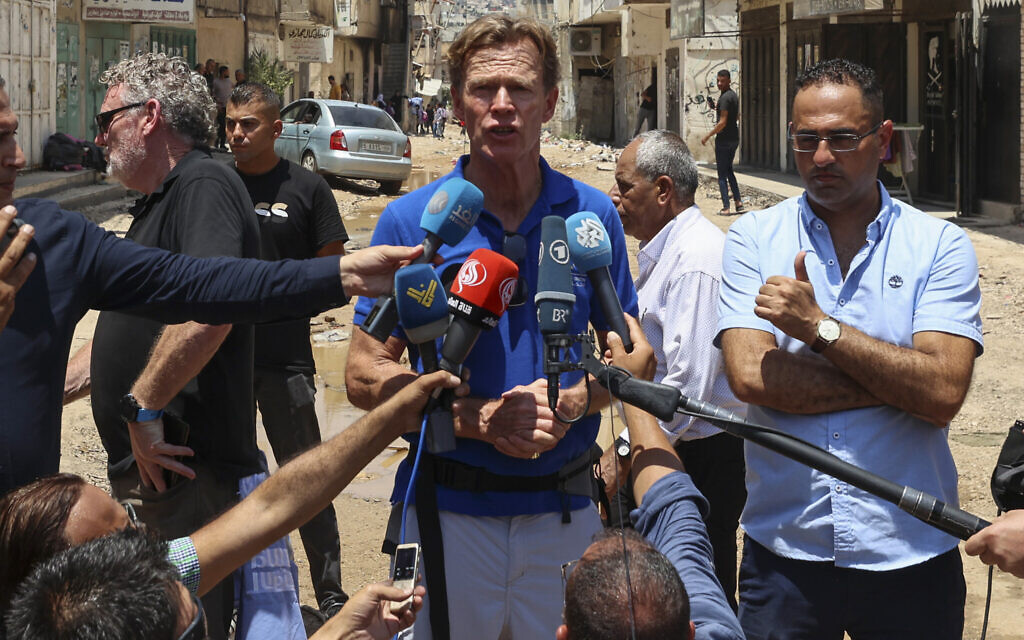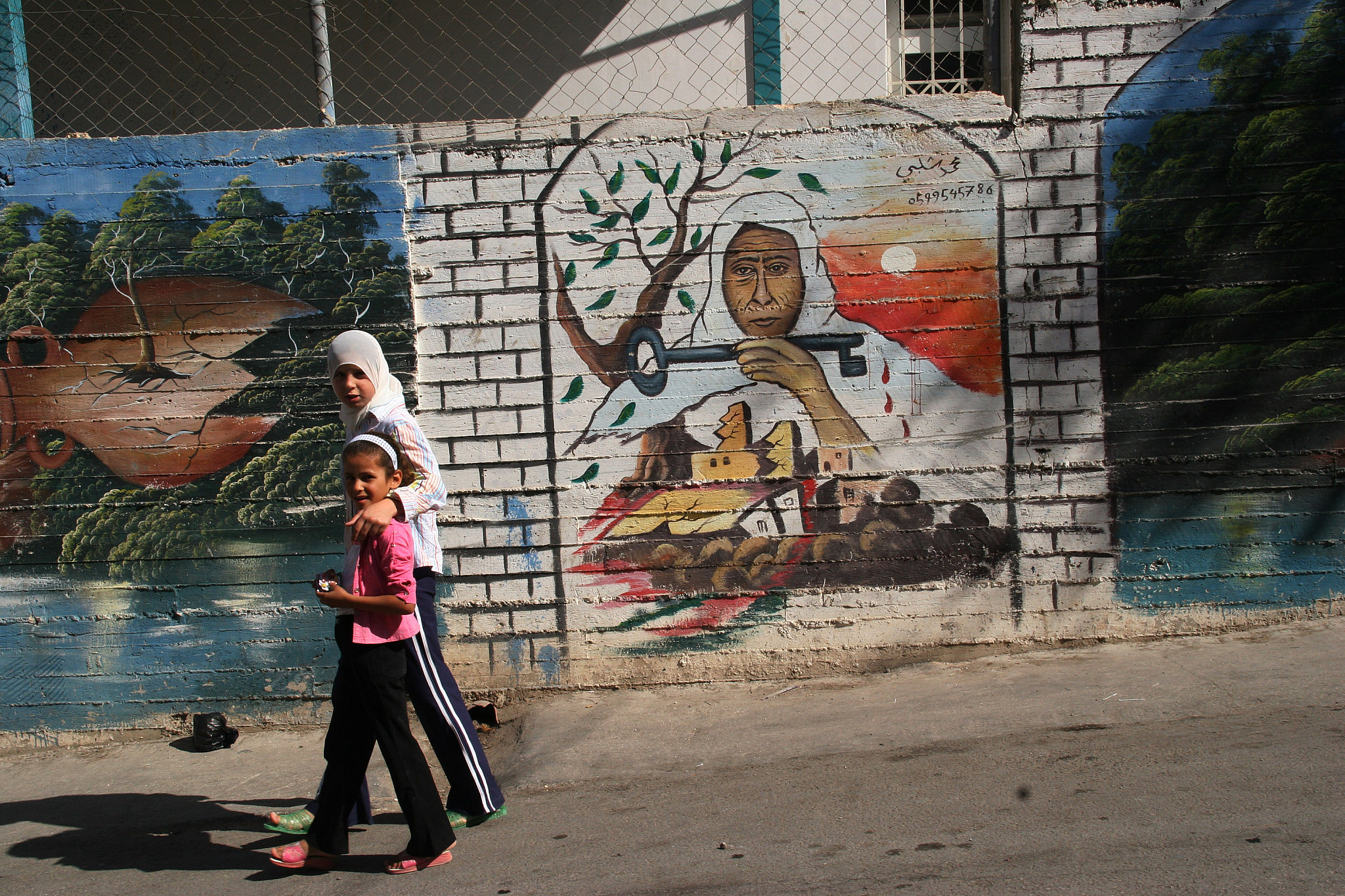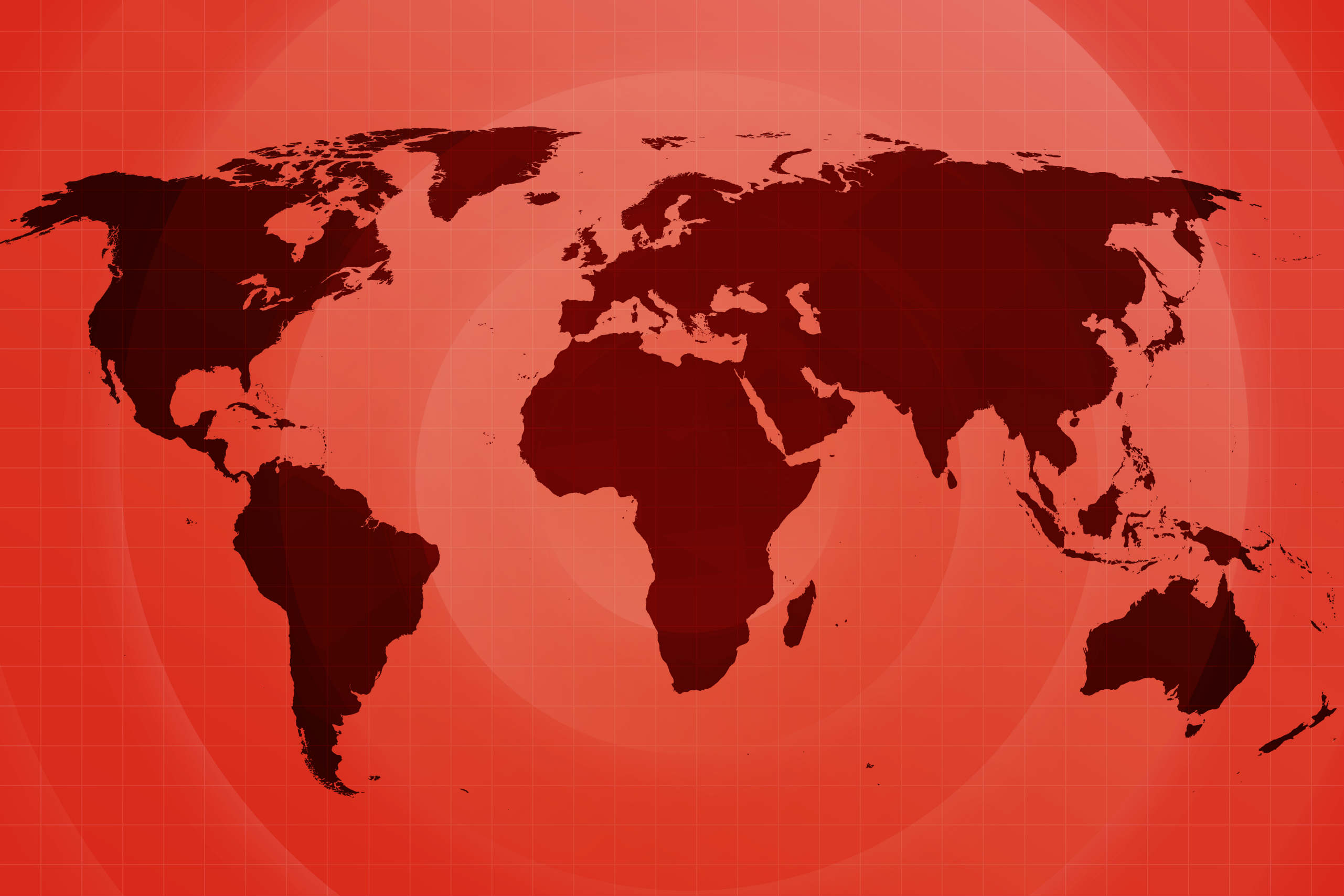Shepherds in the South Hebron Hills were shocked to discover that a tent had been pitched by settlers on land that they were forbidden to enter. Four brothers whose family owns the land were arrested – and the settlers are still there
Gideon Levy and Alex Levac Haaretz,
"A shepherd woke up at 5 A.M. on the first day of Eid al-Adha, the feast of the sacrifice, late last week, and took his flock of sheep out to graze, on the arid, rocky soil of the South Hebron Hills. In 2006, the head of the army’s Central Command issued an order barring the entry of Israelis to this swath of land, which belongs to the shepherd’s family and other families. Now, the young herder was tending his flock tranquilly, when his father phoned him in a panic: Neighbors had seen a blue tent – apparently pitched overnight by settlers on this private land – not far from the well from which they draw water for their sheep. The interlopers had also brought a flock of 30 sheep there.
Stunned, the shepherd quickly summoned members of his family and others who own land there. The settlers, armed with rifles, attacked them with fists, stones and rifle butts. The police and the army took their time in coming – and when they finally did show up, the soldiers took the shepherd and his three brothers into custody, following the lead of one of the settlers, who told them whom to arrest.
And the invaders? Surprise, surprise: Not only was none of them detained, but the tent is still standing, and the settlers and their sheep are still there, too. Coming soon, one assumes, will be yet another, new settler outpost.
Such is life in the land of settler supremacy: total disorder, especially in the remote South Hebron Hills. The victim becomes the guilty party and the guilty become prosecutor and victor in every struggle. This is the system now, in every place where it’s possible: Invade by force, bring some sheep, and presto! – you have a “farm.” The government and the army no longer remove anything. Thus, another outpost is born in the South Hebron Hills, in this case alongside its three outlaw predecessors – Havat Talia, Mitzpeh Yair and Sussia.
And the shepherd, his family and the other landowners, all residents of the hamlet of Imneizil? They will try to go to court, but in the land of lawlessness, where even an order issued by the area’s commanding general is disregarded by the settler thugs, what good can a court do them? Kiss the land goodbye.
Despair in the South Hebron Hills. Despair during our visit this past Monday, when the Israel Defense Forces invaded the Jenin refugee camp in the northern West Bank and demolished parts of it. The hearts of the helpless residents in the hills were with those they saw as heroes in the Jenin camp. Indeed, some didn’t budge from the television from morning to night, riveted by the wrenching real-time broadcasts. But their hearts were also with the four brothers who had been detained.
The despair in the South Hebron Hills is palpable among its many, weak shepherding communities, more vulnerable now than ever to physical and property abuse at the whim of settlers, whose goal is transparent and manifest: to seize control of as much land as possible in order to expel as many inhabitants as possible from this hardscrabble territory, the homeland of these Palestinians and of their forebears.
At home in Imneizil on Monday, the shepherd Jihad Abu Sabha – born in 1967, the year of occupation – is distraught that his four sons remain in custody. The phone never stops ringing, with calls from lawyers and activists who want to update him. On Sunday, the military court at the Ofer Prison had ordered them released, but the police quickly appealed the decision, and the following day they still hadn’t been freed.
Four brothers who tried to defend their land were attacked by settlers and incarcerated, while the encroaching settlers remain on the soil that is by law off-limits to them. And all this on the holiest of Muslim festivals. Imagine that your land is taken over by outsiders on Yom Kippur. Perhaps the invaders planned their plunder for precisely this day, or perhaps they’ve never heard of Eid al-Adha.
Abu Sabha is the father of 11 children. Those arrested are his four eldest sons: Ibrahim, 36; Mohammed, 30; Mahmoud, 26; and Yusuf, 23. Two are married, and the two younger ones are due to be married next month. Mahmoud herds the family’s sheep, his three brothers have permits to work in Israel as plasterers and construction hands. Their father is apprehensive that their permits will be revoked because settlers stole their land – that’s the usual form of justice in these parts. In any event, they missed celebrating Eid al-Adha.
When Jihad Abu Sabha arrived at the police station in Kiryat Arba, an urban settlement abutting Hebron, hoping to file a complaint against the settlers who attacked his sons, the officer at the entrance said, “Hey, don’t you have a holiday today?” To which Abu Sabha replied, “You wrecked it for us. Now we are celebrating between the police, the army and the settlers.” The officer agreed to take the complaint only the following day.
It was on Wednesday, June 28, that Mahmoud took the flock out to pasture. Shortly afterward, his father got a phone call from a member of the Abu Kabirna family, who live next to Havat Talia: “I see a blue tent next to the well on your land.” The father immediately called his son, but Mahmoud said he was still in the wadi and hadn’t yet arrived at the summit of the hill, where the well is, so he couldn’t see anything. Abu Sabha called the Kiryat Arba police, and police officers arrived at the Metzudat Yehuda checkpoint to meet him. Mahmoud then called to inform his father that there were around 10 armed settlers on their land and that they were trying to drive him off with force.
A police officer told Abu Sabha that he and his family were not permitted to go into the field without an army escort, but the army took hours to arrive. Abu Sabha headed for his land, fearful for his son’s fate. He called the Nawajeh, Harnat, Rashid and Samirat families, neighbors who also own land in the same area. In the past there have been no few incidents with settlers there, which is what originally led to the issuing of the order from Central Command.
Abu Sabha arrived at the site accompanied by 10 to 15 neighbors. He told the young people to park at a distance and went to speak with the settlers, some of whom he knows from previous confrontations, among them the owners of the Talia Farm, Yedidya and Bezalel Talia. “Why are you here?” he asked, and got the usual reply: “This is our land.” At one stage, the Palestinians began to dismantle the settlers’ tent, at which point clashes erupted. One of the people with Abu Sabha, Mohammed Ali Rashid, 25, was wounded after being struck by a rifle butt and hit in the back with a stone. He spent a night in the hospital.
The army arrived, Abu Sabha recalls, and the soldiers then arrested whomever Yedidya Talia told them to take into custody. They also detained two volunteers – an Italian woman and an Israeli man – who had come to help the Palestinians protect their property. They were subsequently released. In the next stage, Border Police arrived and ordered all the local people off their own land.
A few days later, attorney Quamar Mishriqi-Assad, co-director of the NGO Haqel: In Defense of Human Rights, who has accompanied the struggle of the South Hebron Hills residents to retain their land for many years, sent an urgent letter to the Civil Administration and the Hebron police. After relating the events of June 28, she wrote, “This event does not stand alone. It is an inseparable part of the events that were reported to you last week, which have been taking place in recent days, led by extreme right-wing activists from Im Tirtzu [a right-wing Zionist organization] and settlers from the Havat Talia outpost, when in all the cases the soldiers deployed in the sector are flagrantly refusing to take action to stop the settlers’ attacks on the residents… If the structures on the site are not removed, and Closure Order 3/06 is not enforced, the residents will have no choice but to resort to taking urgent legal measures against contempt of court and the violation of your commitments to the High Court of Justice.”
The Palestinians in question are surrounded by the formidable Firing Zone 918, which prevents them from accessing a large part of their land, some of which is the same land the settlers have now moved onto. Yet another part of their property was expropriated to build a patrol road to the settlements and to erect the Metzudat Yehuda checkpoint. According to attorney Mishriqi-Assad, an area of about 600 dunams (150 acres) in the South Hebron Hills has gradually been taken over by outposts – “outpost leakage” is how she describes it. In her letter to the Civil Administration, in addition to the demand to remove the tent immediately, she asked for the Israel Police report on the investigative actions taken against the settler violence that erupted during the incident, including information as to whether the armed settlers had been summoned for questioning. To date, no reply has been received.
A video clip that was taken that Wednesday shows about 10 settlers, some of them masked, rifles slung over their shoulders, walking about like lords and masters. The Palestinians appear to be hesitant to approach them.
The IDF Spokesperson’s Unit issued this statement to Haaretz on the day of the incident: “Friction developed earlier today between Israeli citizens and a number of Palestinians and Israeli activists in the South Hebron Hills. An IDF unit arrived at the site in order to break up the disturbance. Seven suspects were detained, in the wake of the use of violence and physical resistance, and a number of cameras and cell phones on which incrimination material [sic] was found were confiscated and transferred for follow-up by the security forces.”
We observed the site of the incident from a distance this week along with Nasser Nawajah, a field researcher for the Israeli human rights organization B’Tselem. He urged us not to go closer, for fear of the settlers. We could see the blue tent on the hill, with the invaders’ vehicles next to it. To the right was Havat Talia, on the left Mitzpeh Yair, and Sussia was behind, along with the outposts they have already spawned. The settlers had moved the tent from its original spot on the roof of the cave to the well, a few dozen meters away, even though they have no authority or right to be there. Neither on the roof nor next to the well. Too fearful to approach, the shepherds had no means for drawing water for their sheep.
No response was received by press time about the incident from the spokesperson for the Coordinator of Government Activities in the Territories, but Haaretz did get word that on Tuesday evening, the four brothers Abu Sabha were released on bail."
source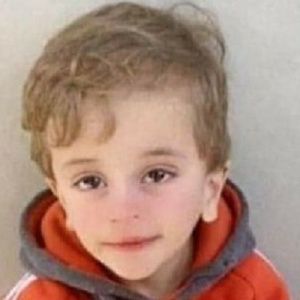
 www.telesurenglish.net
www.telesurenglish.net
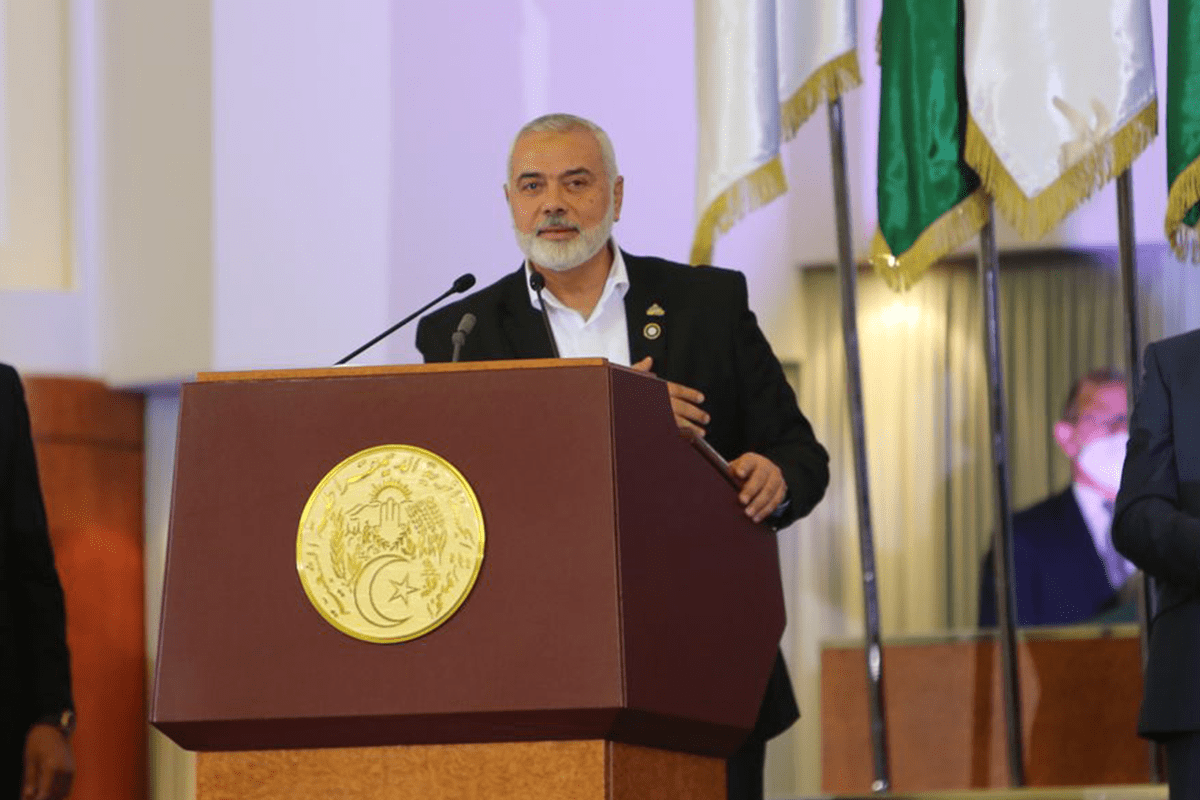
 www.middleeastmonitor.com
www.middleeastmonitor.com

 reliefweb.int
reliefweb.int




